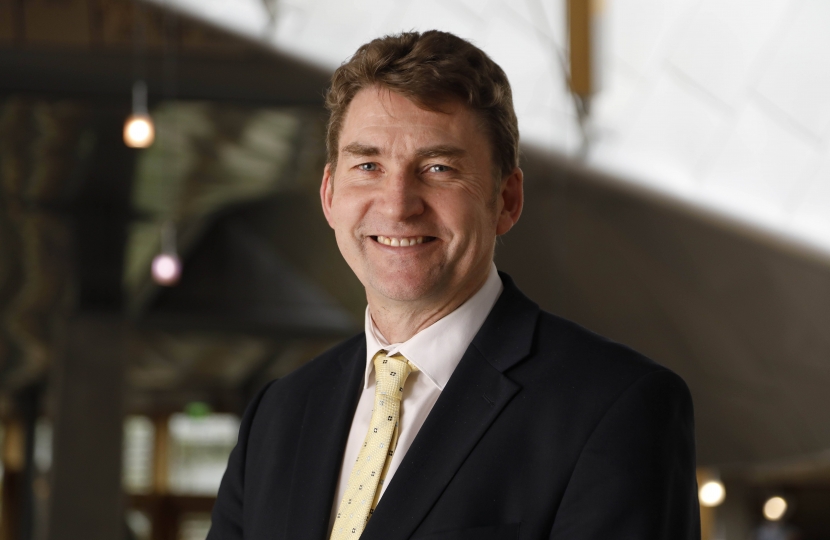
Following a recent debate in the Scottish Parliament on safe injection spaces for drug users, Brian Whittle MSP has written about his position on the issue.
Recently, I had the opportunity to speak in a debate around the issue of providing safe injection spaces for intravenous drug users. Before becoming an MSP, my instinct was to resist anything that enables drug taking of any kind. I could never understand how people could choose to participate in an activity that was so destructive to themselves, their families and society.
But as an MSP you are given an almost unique opportunity to speak to and learn from people in all walks of life. If you’re smart enough to take advantage of that opportunity, you find that people do want to tell you their stories; and they don’t hold back. I’ve been fortunate that many local charities and other organisations have invited me in and given let me hear the facts straight from their clients. While some of the stories have been harrowing, I was struck, both by people’s openness about their experiences and their willingness to share their stories with me. Hearing the real life experiences of people dealing with addiction has helped to change my view.
Scotland is the drug death capital of Europe. We have four times as many deaths each year as the European average. And, along with alcohol related deaths, those figures are on the rise. In East Ayrshire the number of drug deaths has risen by 104% in a year, the biggest rise in Scotland. South Ayrshire isn’t far behind with a 100% rise. Shocking statistics by any standard.
So are safe injection spaces the answer? Perhaps surprisingly, when I asked local addiction support organisations that question, they were cautious. While they saw the possible merits in an urban setting like Glasgow, particularly given the rise in Hepatitis C and AIDS cases as a result of needle sharing. But there’s more scepticism about whether it could work in rural communities like Ayrshire where it’s more difficult to travel to and from any facility.
It’s clear that the Scottish Government’s current drug strategy isn’t working. When I spoke on this in the Chamber, I made clear I would only allow the idea of safe injection spaces to be considered after a full review of existing drug strategy. The Scottish Government weren’t prepared to consider this and I voted against the government motion because safe injection facilities shouldn’t be considered in isolation. They may, and I stress ‘may’, be somewhere where those with a chaotic lifestyle could visit and begin conversations, get tested for Hepatitis C and AIDS and receive help and advice about how to address their addiction, rather than just being a safe place to use drugs. In more rural areas like Ayrshire however, I believe the focus should be in supporting outreach programmes that take help and advice services into communities.
Improving the funding of third sector agencies and the NHS drug services must be part of any solution. The Scottish Government’s record on supporting Drug & Alcohol Partnerships is lousy. In the recent past it cut £15 million only to then U-turn after a public outcry. Even now, as Drug & Alcohol Partnerships try to build themselves back up from those aborted cuts, the Scottish Government has confirmed overall funding this year is £1.5 million lower than last. But rather than focus on improving these services, the Scottish Government are more interested in picking fights with Westminster.
The message from the front line is very clear. They have been left underfunded and short of the expertise they need to deliver the services they can and want to. By failing to support proposals for a full review of their drugs and alcohol policy, and instead only demanding the powers to deliver safe injection spaces, the Scottish Government’s one dimensional thinking is holding back much needed change. We need to address the root causes of addiction, not posture over things the Scottish Parliament doesn’t have power over.
It’s time for the Scottish Government to think about what they can do now, rather than complain about things they can’t.
- Brian Whittle MSP, South Scotland Region
